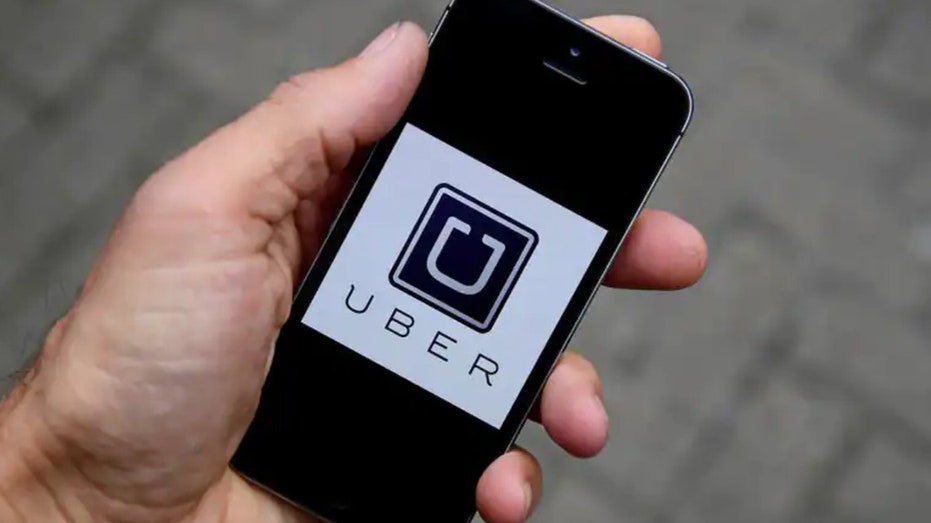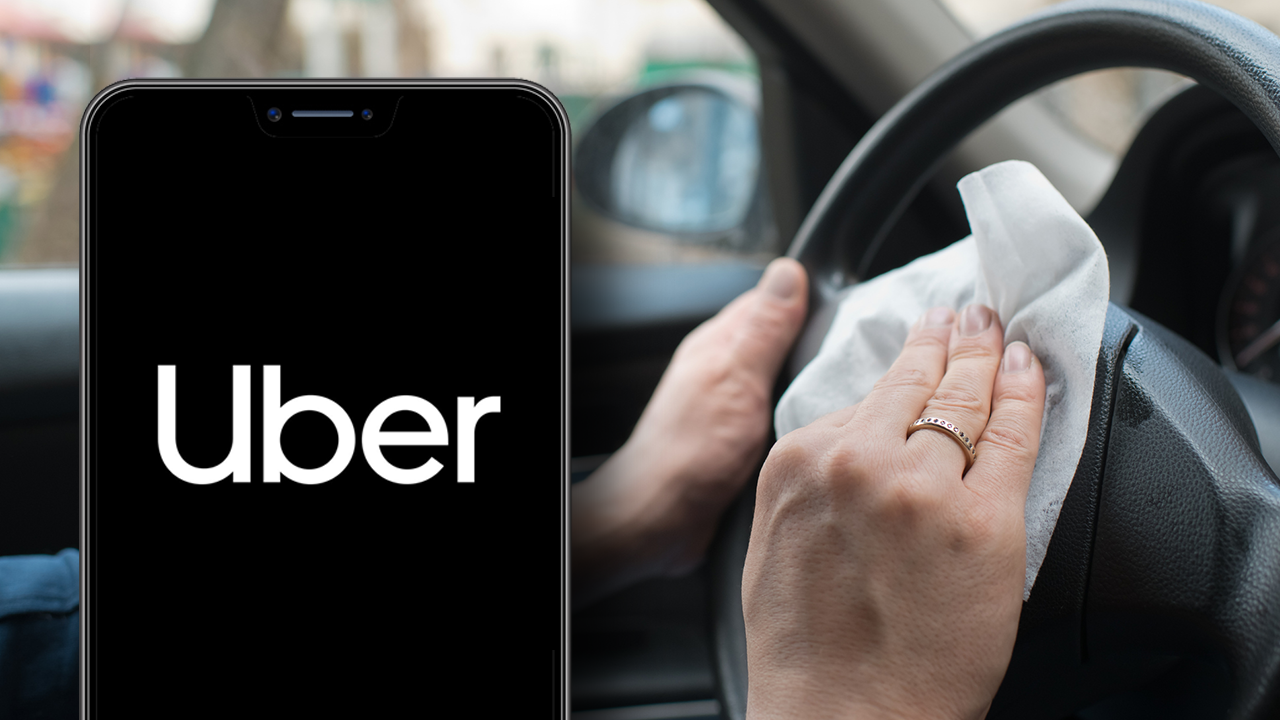Uber report details more than 3K sexual assault claims on platform amid pandemic
The number of sexual assault claims on U.S. Uber rides declined by 38% in 2019-2020 in part due to a drop in ridership
Uber saw the number of sexual assault reports from its U.S. rides decline by 38% in 2019-2020, an improvement from the previous two years.
The number of assaults totaled 3,824, according to a safety report posted to the company's website on Thursday.

An Uber driver sits in his car parked near the San Francisco International Airport parking area in San Francisco. (AP Photo/Jeff Chiu, File / AP Newsroom)
Uber said the decline could be in part related to the drop in ridership during the coronavirus pandemic as rides fell from 2.3 billion rides in 2017-18 to 2.1 billion rides in 2019-20.
The company also hailed its recent safety investments and strengthened background checks.
FORMER UBER SECURITY CHIEF MUST FACE FRAUD CHARGES OVER ALLEGED ROLE IN HACKING COVERUP
"We’re constantly innovating and investing in the safety of our platform," Tony West, Uber's Chief Legal Officer wrote in the report. "We’ve prioritized robust screening processes and technology, built new safety features and invested in providing riders and drivers with support in times of need."

Uber logo seen on mobile phone. (REUTERS/Toby Melville/Illustration/File Photo / Reuters Photos)
Uber said riders were the accused party in 43% of sexual assault reports in 2019-2020, which it noted was on par with previous years.
The report further broke down five categories of sexual assault, saying a majority of the reports involved nonconsensual touching of a sexual body part.
TESLA VEHICLES RENTED BY 15K UBER DRIVERS THROUGH HERTZ PARTNERSHIP
Meanwhile, the number of motor vehicle fatalities during U.S. Uber rides increased in its most recent report.

A self-driving Uber sits ready to take journalists for a ride during a media preview in Pittsburgh. (AP FBN / AP Newsroom)
Uber reported 0.62 fatalities for every 100 million miles driven in 2019-2020, about a 7% percent increase from its previous report.
UBER BRINGS BACK POOL OPTION IN CERTAIN CITIES
That comes to about half the national average.
| Ticker | Security | Last | Change | Change % |
|---|---|---|---|---|
| UBER | UBER TECHNOLOGIES INC. | 74.77 | -0.44 | -0.59% |
The National Highway Transportation Safety Administration attributed the nationwide jump in fatalities in large part to alcohol impairment, people not wearing seatbelts and speeding.





















